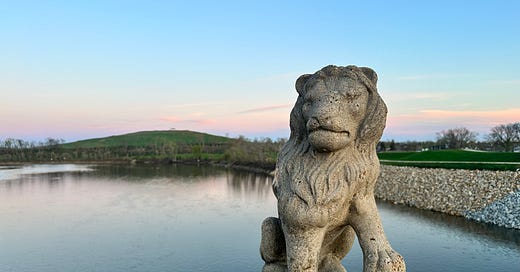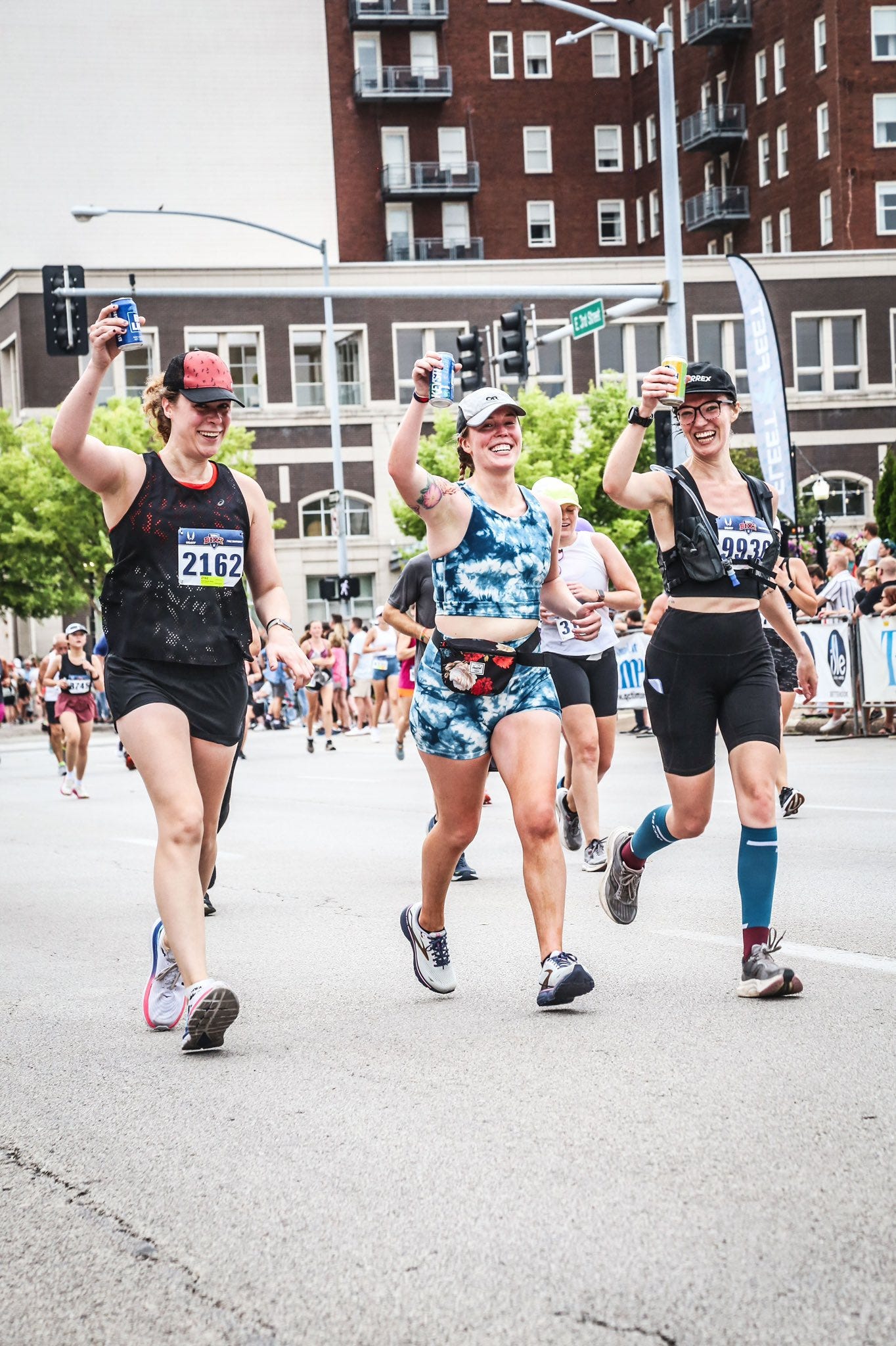Last year, I got really into long distance running because I got a bit drunk at a party thought it would be funny to convince people to run a marathon with me. I had no idea if I could actually do it because I have Postural Orthostatic Tachycardia Syndrome (POTS), a debilitating autonomic nervous system disorder. But, long story short, I did. And I liked it so much that I’m going to do it again this year.
I thought that training for a marathon would be easier the second time around. But it’s just more complicated.
Marathon training changed how I view myself, and I’m wrestling with this new identity. For one, I’m athletic now. I never felt this way before. I was the sort of kid who got injured in marching band and spent way more time in the theatre than on the track. And then as an adult, I developed a nervous system disorder that makes me nearly pass out just from standing up.
But the evidence of my athleticism is undeniable. People are asking me, and I’m starting to ask myself, if that makes me an athlete.
This question haunts me. I feel like it should either be easy to answer or easy to ignore, but it’s neither of those things to me. I’m embarrassed by how high school it all feels.
The basic definition of athlete is pretty simple: a person who is trained or skilled in exercises, sports, or games requiring physical strength, agility, or stamina. By that definition, it’s easy to say that I’m an athlete. But in a 2016 article for the American College of Cardiology, Claudio Araujo, MD, PhD, calls for a distinction between “athletes” and “exercisers”:
“So, practically saying, the first priority of an athlete is not to be healthy, but rather to perform remarkably well and, if possible, to win the race/game/competition…the doping plague and sport injuries caused by overuse serve as a few examples of this relatively low priority for health in a fraction of athletes.”
This insight feels important to me. Having POTS means I don’t “perform remarkably well” when it comes to running, and I’m definitely not trying to do so. I take at least a 30-second walking break every two minutes (sometimes more!). Even when I’m actually running, I’m usually doing it pretty slowly to keep my heart rate in check. If something feels off, I’ll bail. Risking the health I’ve got for the sake of running feels absurd. I’m an exerciser, not an athlete.
This attitude about running is what allowed me to fall in love with it. I’ve built a whole community by being vocal about being slow. My running group is full of people with complicated bodies like mine, and people who felt like they couldn’t run with other people because they’d get left behind. We’ll run at the pace of whomever is feeling the slowest on any given day. Our health and happiness are more important than our performance. We’re not athletes, and that’s freeing.
I’m trying to take running seriously, to take myself seriously, without putting pressure on myself to put my performance above my health. But once I know I can do something, I want to do it better. I’m putting in more work this year. I’m lifting, sprinting, and working with a physical therapist. It’s working - I’m getting stronger and faster. I love how the progress feels, and I’m starting to daydream about what could be possible. And this terrifies me.
When I was diagnosed with POTS, I struggled to accept what my body couldn’t do. It’s bitterly funny to me that five years later, I’m distressed by the possibility that it might be able to do more than I thought.
I have a nagging fear that my POTS is going to get worse again one day - and well, it might! This happens! While things are well-managed for me now, it’s still unpredictable and not really in my control. If I fall in love with being good at running, what happens when my body lets me down again? I want to be an athlete, but I’m just not strong enough to handle the potential heartbreak.
It was easy to not think about this last year - I was just so happy to learn that I could do this at all that I couldn’t care about how I did it. I found so much joy in that journey. I have to believe that I’ll find it again. Until then, I’m just going to keep putting in the miles.






You are so great!
Great insights. This is definitely something I've wondered for myself when I first started lifting and then eventually running. I've ultimately landed on "athlete" if only because I feel like it's such a relative concept. It's why races are broken down into age brackets and somesuch. At the end of the day, you can really only compare yourself to yourself. Genetics and socioeconomic factors play such huge roles in who becomes a "successful athlete" but not who is an athlete. (e.g. I will never be Michael Phelps because I do not have Michael Phelps' demi-god genetics and parents willing to pay for an award-winning swimming coach).
Also, not to trash Dr. Claudio Araujo, whose background and knowledge no doubt far outstrips mine to an eye watering degree, but I think that definition of athlete might be too narrow. Being healthy seems inextricable with performing well and longevity in your sport (yes, even with doping scandals!!)
Anyway, I too am upset that it works to Trust the Process™. It's lovely to find joy in endlessly pushing this boulder up the hill though.